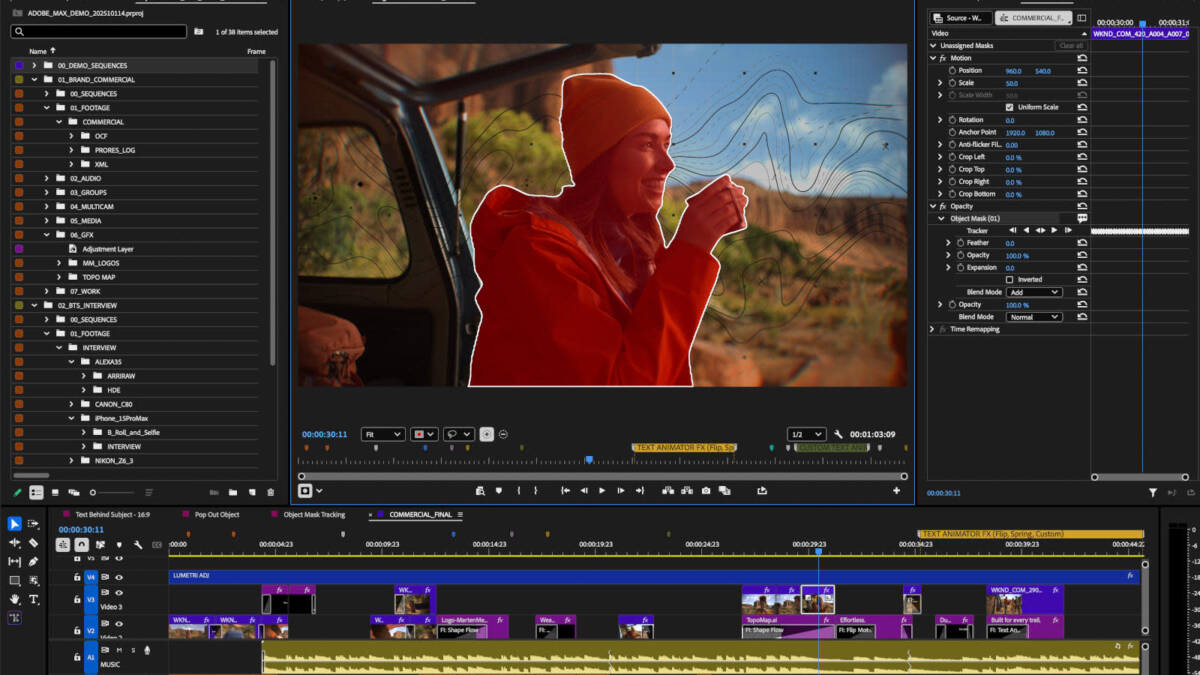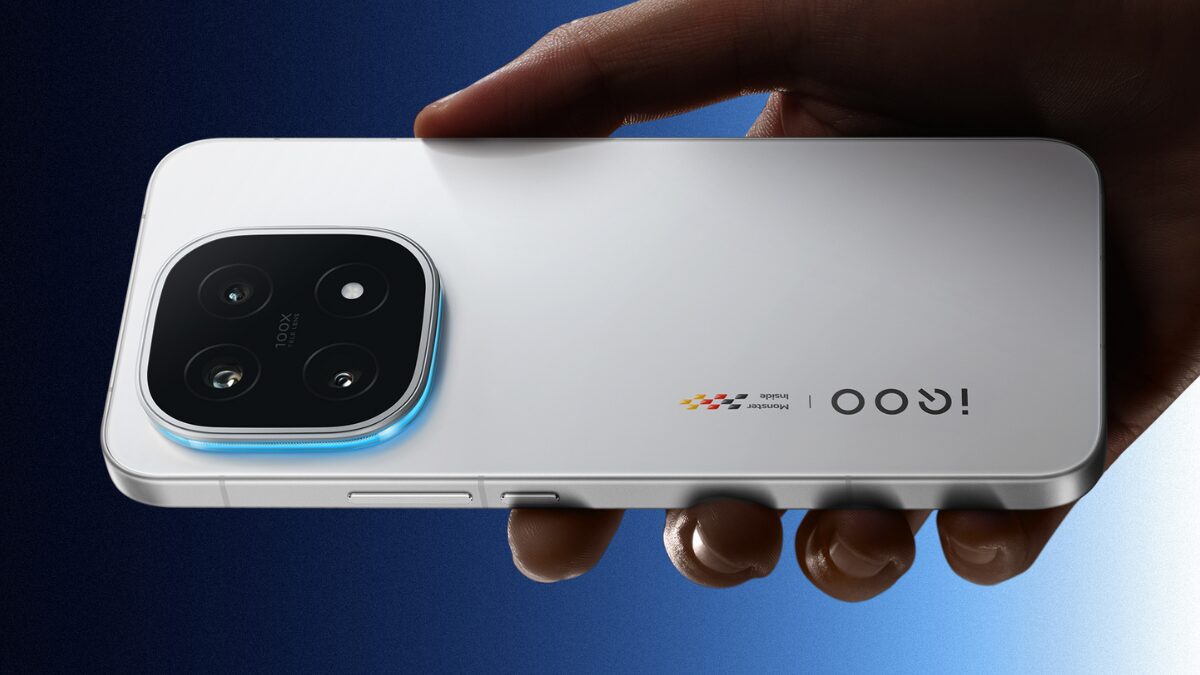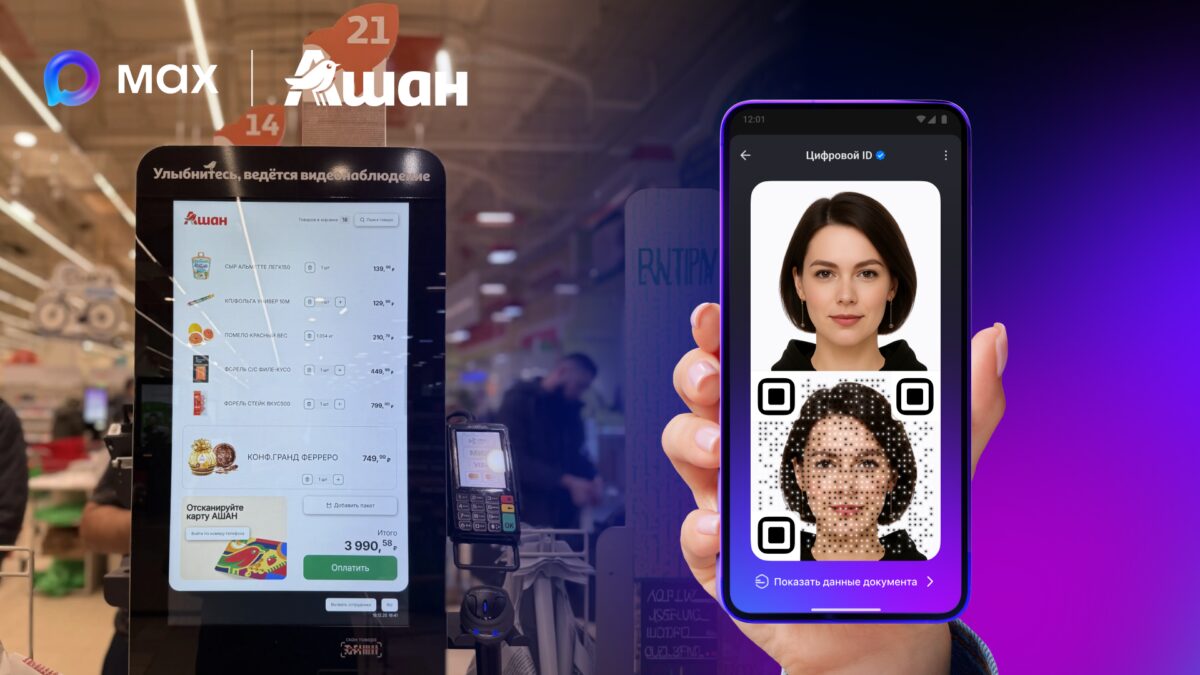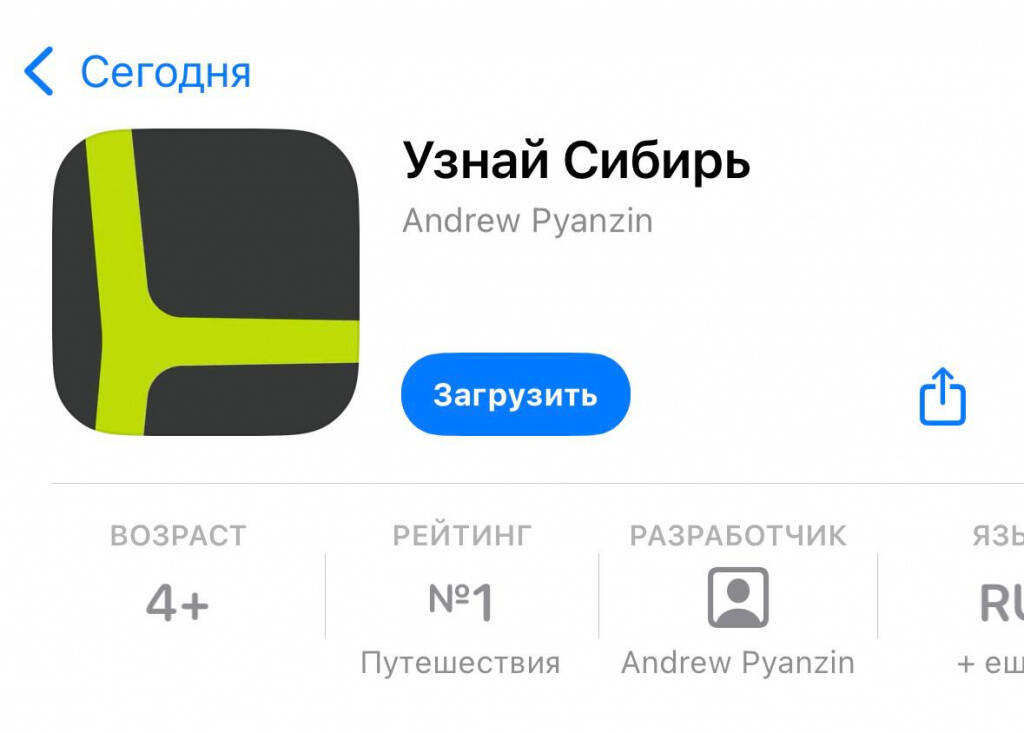Google hits Android’s main advantage – what’s in store for users
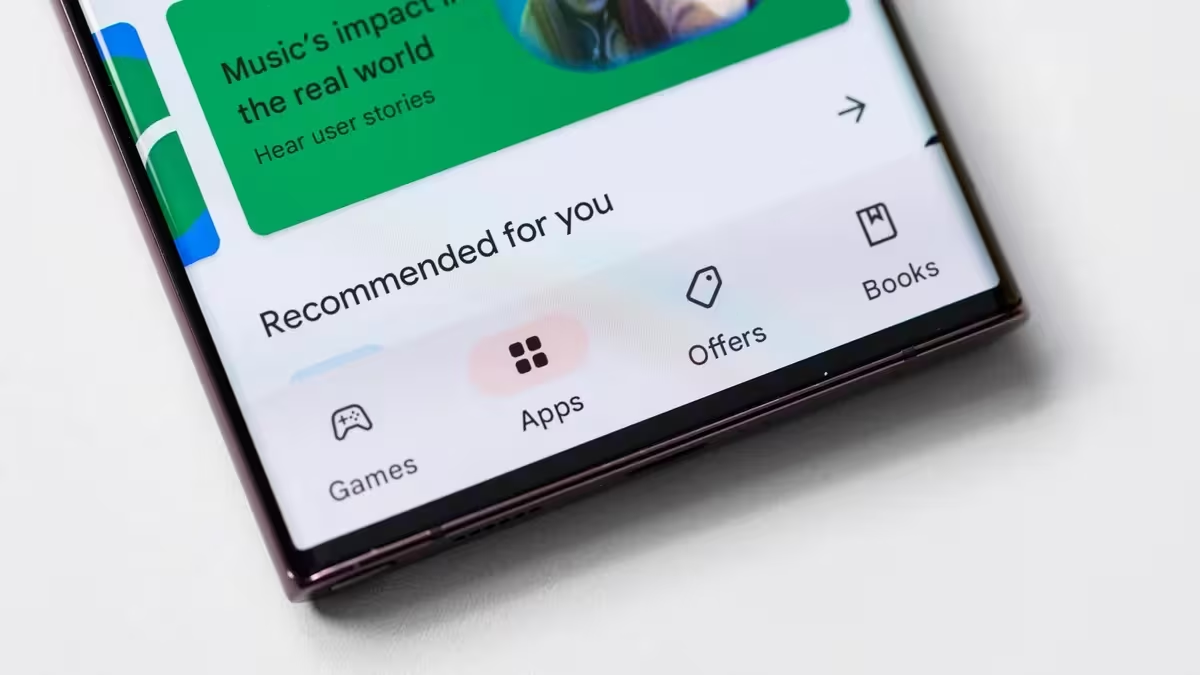
Google has announced new measures that will make it seriously difficult to install Android apps outside of the official Google Play store. From March 2026, users will only be able to install apps from verified developers, even if it’s through third-party marketplaces or direct download of APK files.
The new measures will make it harder to install Android apps outside of the official Google Play store.
What’s going to change for Android users
The company is introducing mandatory “developer verification” – analogous to airport ID checks. Google won’t analyze the content of apps, but will only verify the identity of their creators.
At the same time, Google won’t analyze the content of apps, just the identity of their creators.
Developers who want to distribute their apps via side-loads or alternative stores will be required to undergo verification through the new Android Developer Console. As part of the process, they will have to confirm their identity, register their package name and app keys. Only then will users on certified Android devices be able to install them.
Certified devices are all smartphones and tablets with Google services. Modified versions of Android without Google Mobile Services (e.g., in China) will not be subject to the new restrictions.
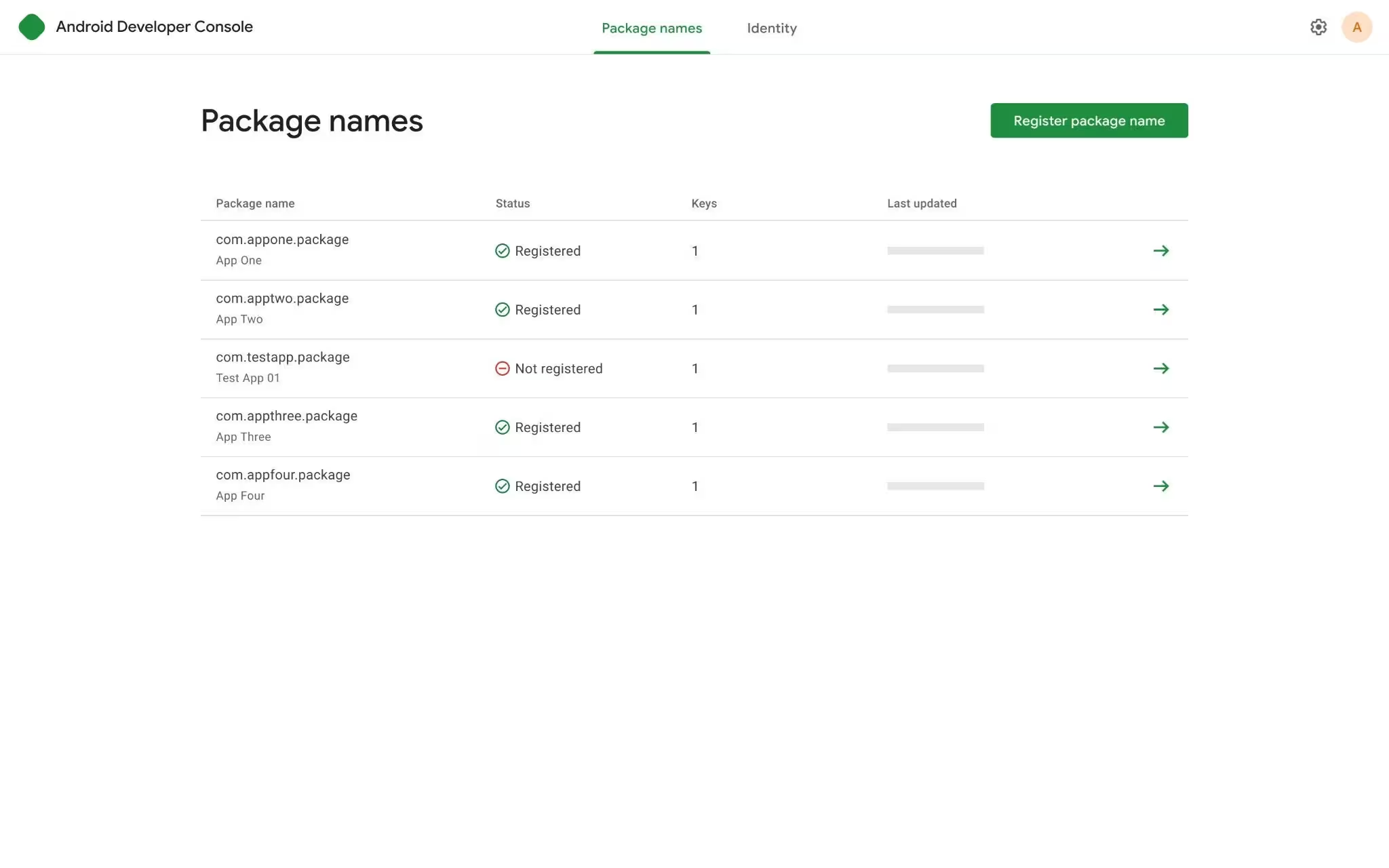
Why Google is tightening the rules
According to the company, apps installed via sideload are 50 times more likely to contain malware compared to downloads from Google Play. Since the introduction of developer identification in the Google Play store, the number of fraudulent apps has dropped markedly.
After the introduction of developer identification in the Google Play store, the number of fraudulent apps has dropped.
The new system is primarily aimed at combating fake apps masquerading as official services from banks or popular brands.
When the new system will start working
- October 2025 – start of early testing.
- March 2026 – all developers will have access to the new console.
- September 2026 – launch in Brazil, Indonesia, Singapore and Thailand.
- 2027 onwards – global rollout.



